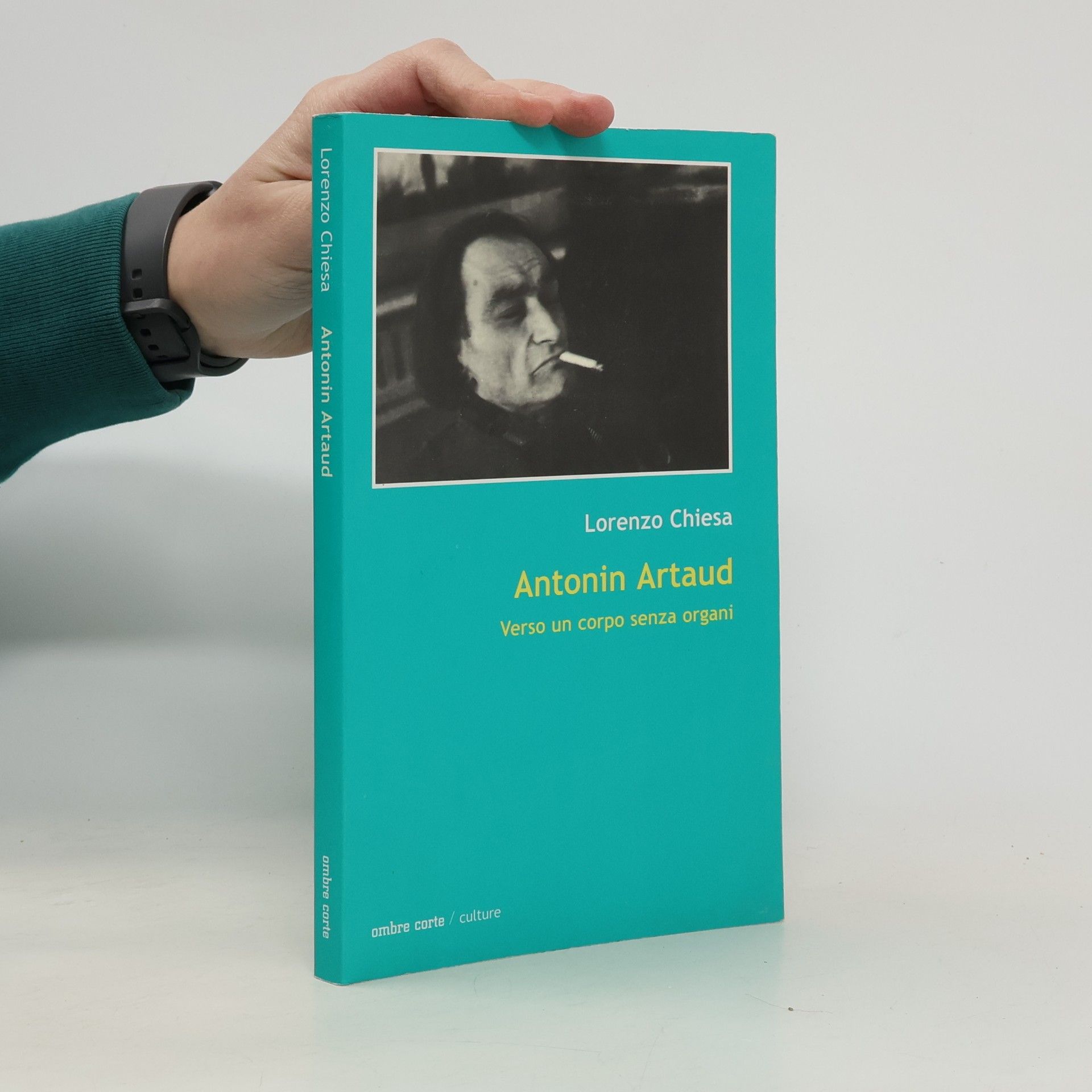Lorenzo Chiesa Libri
Lorenzo Chiesa approfondisce profonde questioni filosofiche sulla soggettività e l'alterità. Il suo lavoro affronta la complessa interazione tra logica e fede, attingendo spesso alla teoria psicoanalitica. Chiesa esplora come la nostra comprensione di noi stessi plasma il mondo che ci circonda. La sua scrittura offre uno sguardo penetrante sulla psiche e sull'esistenza umana.


The book explores the evolution of subjectivity in Jacques Lacan's work, arguing against both "pro-Lacanians" and "anti-Lacanians" by presenting Lacan as a systematic thinker. Lorenzo Chiesa provides a philosophical analysis of the Lacanian subject's relationship to otherness, examining its development through the Imaginary, Symbolic, and Real orders. He highlights the continuity in Lacan's theories despite apparent contradictions, ultimately portraying the Lacanian subject as an irreducible lack that challenges contemporary notions of subjectivity, bridging psychoanalysis and philosophy.